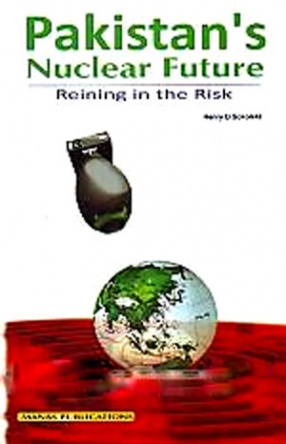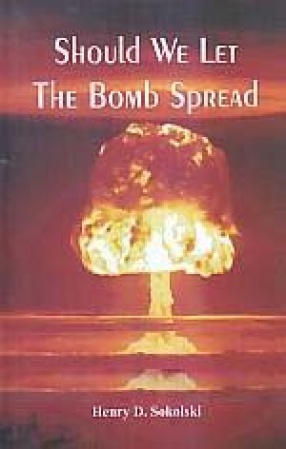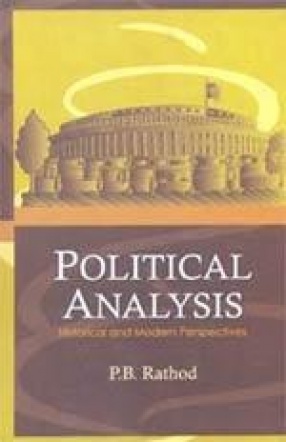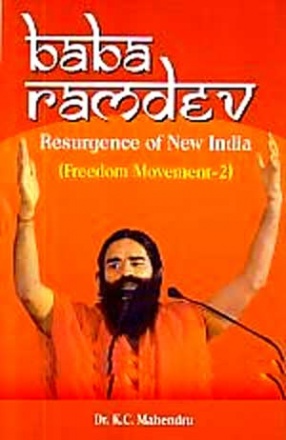Since its evolution in 1947, Paksitan’s growing crisis of governing ability is disturbing the policy makers across the world because of it becoming a terror breeding and exporting state. Two major wars between India and Pakistan in 1948 and 1965 on the contentious issue of Kashmir has also soured the relationship between the two countries. Amassing of nuclear deterrent both by Pakistan and India has complicated the security scenario in the geopolitical region. The Kargil crisis in 1999, Indo-Pakistani conventional military tensions that arose in 2001 and 2002 due to terrorist attacks on Indian Parliament and other places: all highlighted the nexus between terrorism and war, even threatened Indian and Pakistani nuclear use.
The intent of this book is to conduct a significant evaluation of all these aspects with their pros and cons. These analyses by experts in the field offer a window into what is possible and why Pakistani nuclear terrorism is best seen as a threat to war. Could the United States do more with Pakistan to secure Pakistan’s nuclear weapons holdings against possible seizure? It is unclear. The book argues that rather than distracting our leaders from taking the steps needed to reduce the threats of nuclear war, we would do well to view the worst terrorist nightmare for what they are: Subordinate threats that will be limited best if the risk of nuclear war is reduced and contained.








There are no reviews yet.